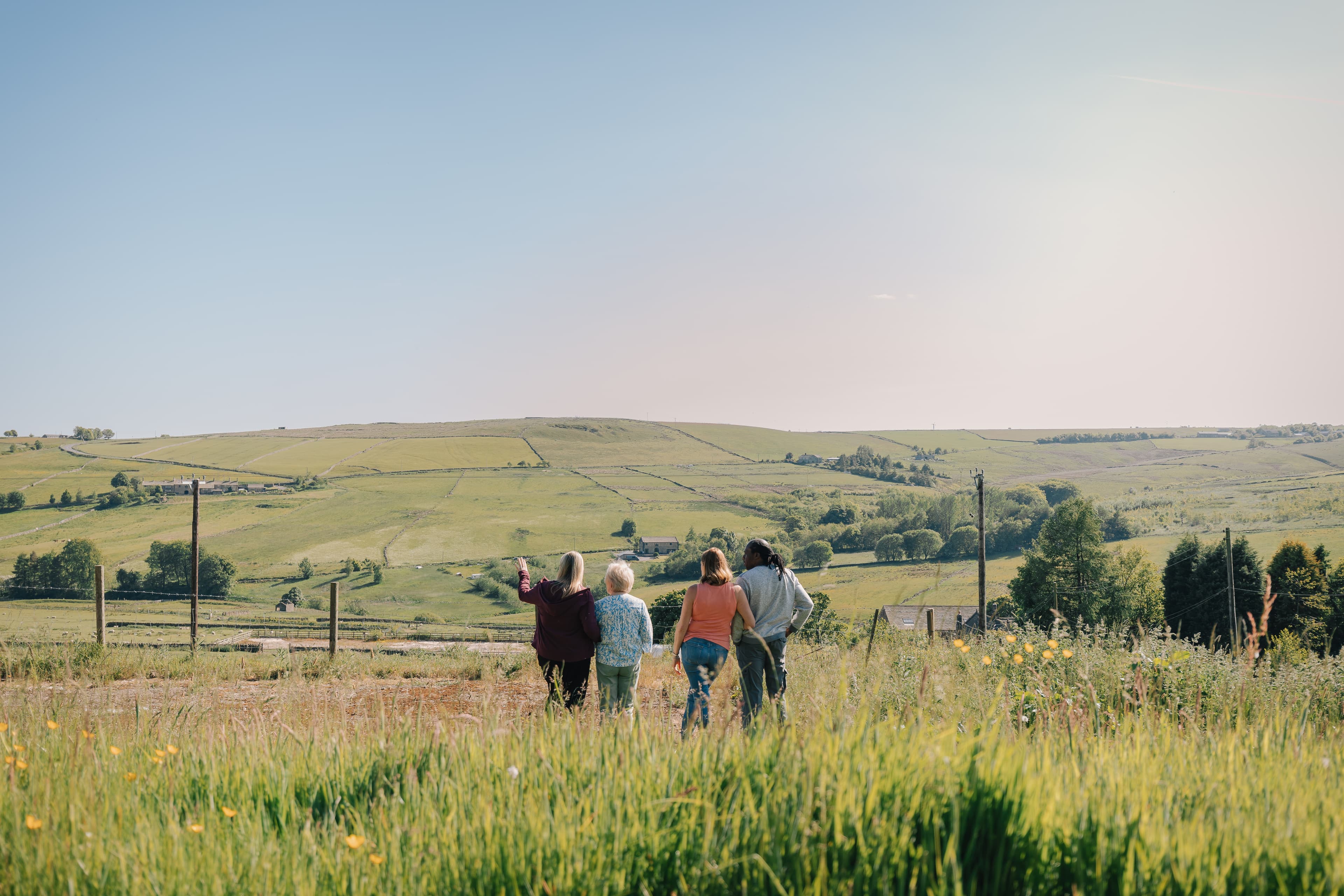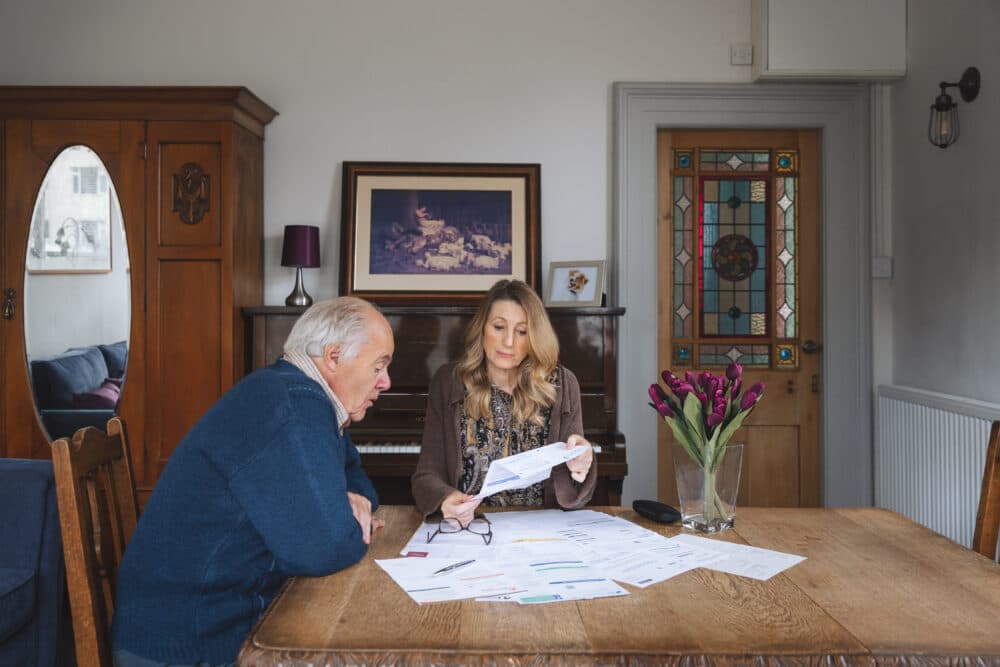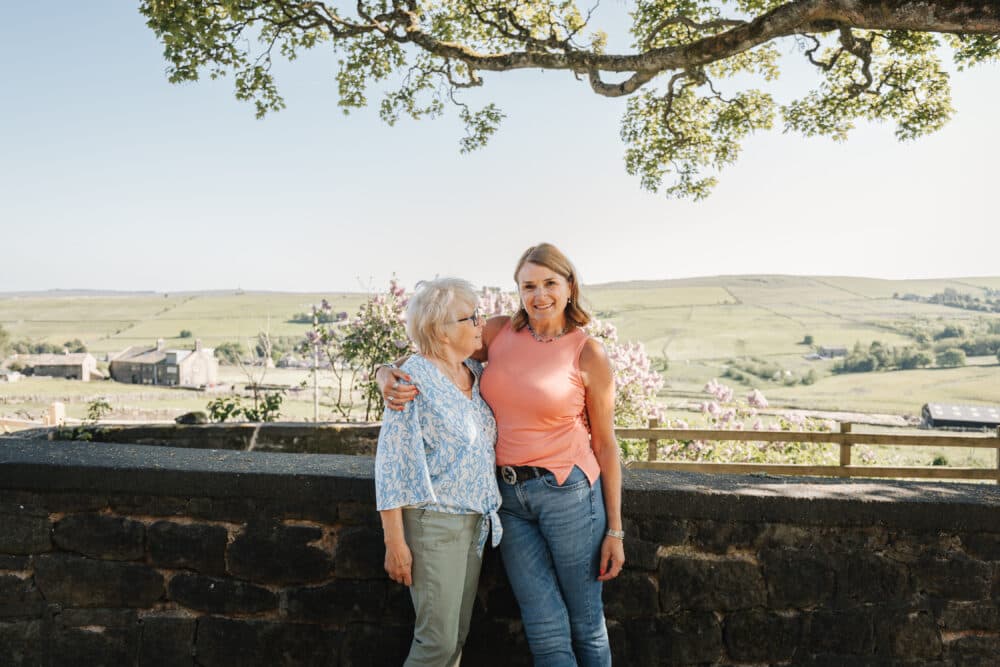Rural Oxfordshire Is Being Left Behind in Quality Care — and Families Are Paying the Price

Across rural Oxfordshire, families needing home care are facing a hidden crisis. Behind the rolling fields, parish boundaries and postcard villages sits a stark truth: people in rural communities have fewer choices, fewer services, and far less support when it comes to ageing at home safely.
And yet the desire to remain at home — surrounded by familiar routines, neighbours, pets and community — is stronger here than anywhere.
But the reality is this:
Rural people are being asked to navigate complex care decisions with nowhere near the amount of information, support or resource that city families take for granted.
It’s a major local issue that deserves far more attention than it currently receives. Home Instead Oxford is working hard to change that.
The growing gap: rural communities need more care support than ever
Families in Burford, Bampton, Standlake, Beckley, Kidlington, Charlton-on-Otmoor and the smaller hamlets between them are encountering the same challenges again and again:
-
Very limited local care providers willing or able to cover remote areas
-
Long travel routes leading to rushed visits, inconsistent timings or providers refusing small villages entirely
-
Patchy public transport, making social connection and respite opportunities hard to access
-
Overstretched community services like dementia cafés and day clubs
-
A lack of easily accessible, up-to-date local information about what’s available
-
Increasing care needs as people live longer with conditions like dementia, Parkinson’s and frailty
These are not small inconveniences — they are structural barriers that leave families to cope alone, often until crisis point.
And when families can’t get support early, everything becomes more difficult: hospital admissions rise, carers burn out, loneliness increases and loved ones lose independence far faster than they should.

Let’s call it what it is: rural families are underserved
Despite the growing need, resources simply haven’t kept pace in rural Oxfordshire.
Day services are limited and often struggling for staff cover. Transport schemes are struggling to maintain their essential services. Information is often fragmented or difficult to find. And statutory services often struggle to recruit and retain staff willing to travel to hard-to-reach areas.
The people who lose out are often those who least deserve to:
-
An older couple living just outside Standlake, unable to get help until teatime because “that route is too far out for most providers.”
-
A daughter in Kidlington trying to arrange dementia-specialist care for her mum in Beckley, overwhelmed by contradictory information and long waiting lists.
-
A family in Bampton caring alone because they don’t know what support exists beyond the obvious.
These aren’t unusual stories — they’re everyday life for rural families, and the worrying reality of far too many clients and families that Home Instead Oxford come into contact with.
This is why Home Instead Oxford has stepped up
While statutory and community resources remain stretched, Home Instead Oxford is taking a leadership role in addressing the rural care information gap.
1. Creating the resources that should already exist
Where no central directory exists for rural support services, groups and clubs, Home Instead Oxford produces:
-
The WOW Guide — a comprehensive local resource packed with dementia-friendly activities, clubs and contacts across rural Oxfordshire
-
Monthly community newsletters — highlighting what’s happening in Wheatley, Burford, Kidlington and the surrounding villages
-
Face-to-face community signposting — helping families understand what’s available long before they become clients, delivering free information events, and hosting a weekly family carers’ drop in Teams call.
This is work that, in an ideal world, would fall to better-funded local systems — but the need is too urgent to wait.
2. Making home care accessible to harder-to-reach villages
Unlike many providers who limit rural areas because of travel time, Home Instead Oxford has deliberately shaped its model to include:
-
Care professional schedules tailored to rural routes never incorporating travel time into visit time, as many providers do
-
Continuity-focused teams working consistently in the same villages
-
Live-in care for isolated homes where hourly visits aren’t practical
This ensures families in rural Oxfordshire don’t receive second-class care simply because of where they live.
3. Specialist dementia training delivered locally
With dementia rates rising rapidly in rural communities, Home Instead Oxford trains every Care Professional in dementia care and works closely with local partners like Dementia Oxfordshire and the Alzheimer’s Society.
The result:
Clients can stay in familiar rural surroundings without being forced into urban care settings that feel detached from their identity and community.
4. Filling the social-connection gap
In places where transport is limited, Home Instead Care Professionals regularly:
-
Accompany clients to community groups such as Age UK’s Strength and Balance, Tea Books Group at Kidlington Library, and the Lilacs Club in Kidlington
-
Support attendance at dementia cafés, church groups and day clubs such as Eynsham Day Centre and Aston and Cote Day Centre
-
Help rebuild lost routines such as going to the post office, local pub or a Garden Centre
This is where care becomes more than tasks — it becomes belonging.

A final thought
Rural communities aren’t simply quieter versions of towns — they have their own identities, challenges and strengths, and they deserve home care that truly understands and reflects that reality. By shining a spotlight on the serious gaps in provision, and by actively creating the resources and services local people need, Home Instead Oxford is stepping up as the thought leader and advocate rural families have long been waiting for — ensuring that even while wider systems lag behind, no one in our villages is left without clear information, dedicated support or a genuine chance to age well at home.
